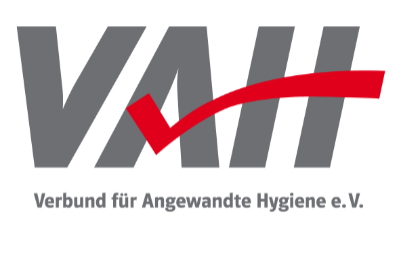Collaborations
Journal of Virology
The Journal of Virology (JVI), published by the American Society of Microbiology (ASM), is a premier platform for pioneering research on viruses that affect animals, archaea, bacteria, fungi, plants, and protozoa. JVI features primary research articles, mini-reviews, and other formats, emphasizing fundamental virological processes, virus-host interactions, and innovative approaches in therapy and diagnostics. Its scope spans a wide range of topics, including cutting-edge technologies, computational analyses of viruses and their components, viral structure and assembly, genome replication, genetic diversity and evolution, virus-host and virus-cell interactions, cellular and immune responses to infection, transformation and oncogenesis, gene delivery, as well as viral vectors, vaccines, and antiviral agents.
Through our collaboration, JVI is extending their ASM member discounts to GfV members, resulting in a 50% discount on page charges and a 35% discount on supplemental material hosting fees for submissions to JVI. To access these benefits, corresponding authors must explicitly mention their GfV membership in the submission cover letter.
Journal of General Virology
The Microbiology Society's Journal of General Virology has been publishing peer-reviewed virology research for more than 50 years. The journal's diverse scope reflects the evolving nature of virology today, covering all aspects of animal, plant, insect, bacterial and fungal viruses, transmissible spongiform encephalopathies, molecular biology and immunology, virus-host interactions and antiviral compounds.
From 2025, the journal runs on a Subscribe to Open model, complying with funder and institutional Open Access mandates worldwide. Authors are not subject to page limits, page charges or color fees.
GfV members are entitled to a 20% discount on article processing charges in Journal of General Virology. To request a discount code for submission, please contact the scientific office at koordination@g-f-v.org.

Contact
You can send us questions, feedback and requests by e-mail(geschaeftsstelle@g-f-v.org) or by using the contact form.

Association for Applied Hygiene e.V.
The VAH promotes the application-oriented scientific processing and implementation of hygienic and hygiene-relevant topics. This includes the development of test specifications and evaluation options for decontamination, disinfection, antisepsis and sterilisation procedures, the exchange of experience and interdisciplinary cooperation with relevant medical and non-medical disciplines. Last but not least, the planning and implementation of further education and training and answering user questions is an important area of responsibility.
The work of the Disinfectants Commission in the VAH is committed to the goals of public health protection. The certification of disinfectants and the publication of the VAH list are intended to ensure that only hygienically-microbiologically or hygienically-virologically tested disinfection procedures with proven effectiveness are used. The effects on humans and the environment during use, e.g. by preventing overdoses, are also taken into account.
Members of the VAH include scientific societies and professional associations as well as experts from the fields of hygiene, public health and infectiology.



